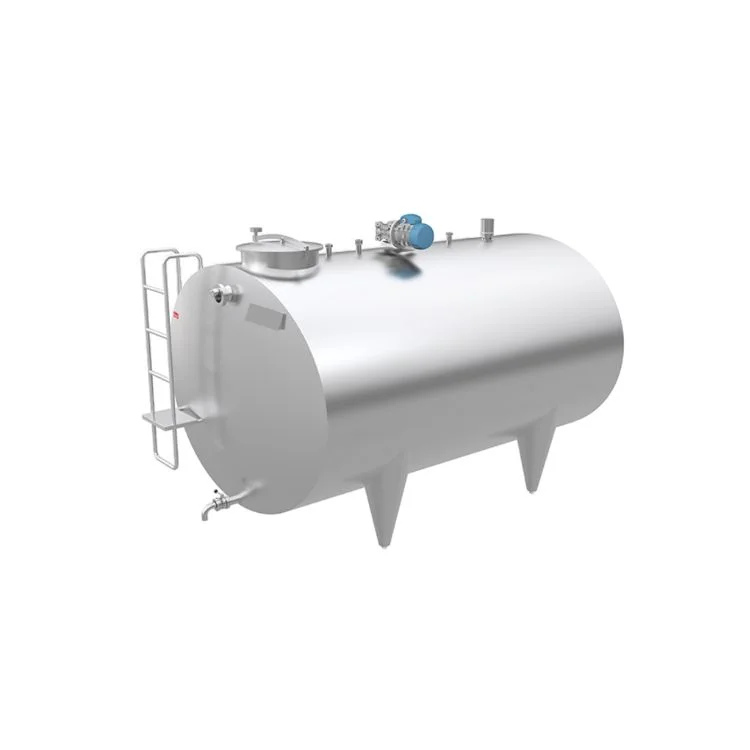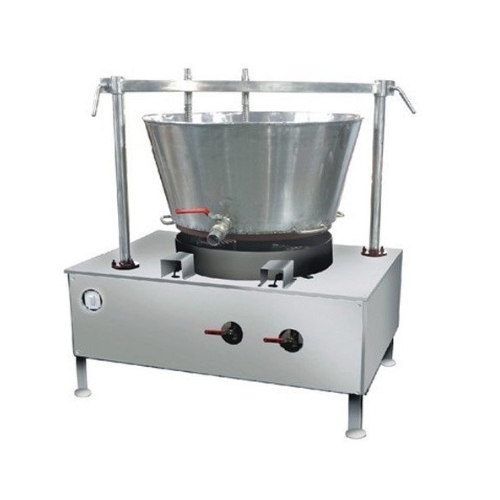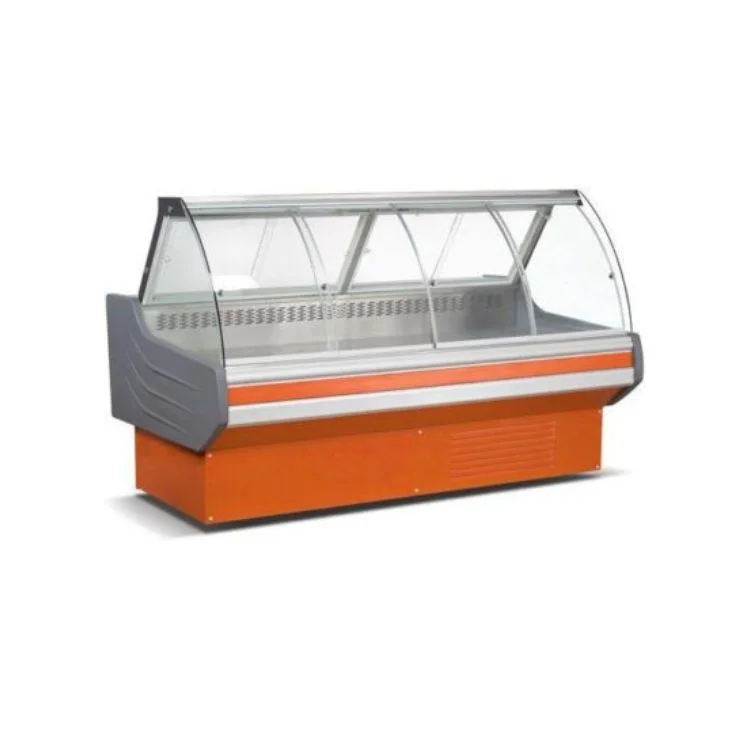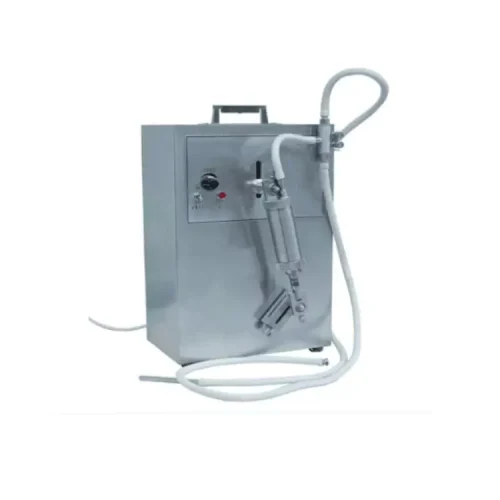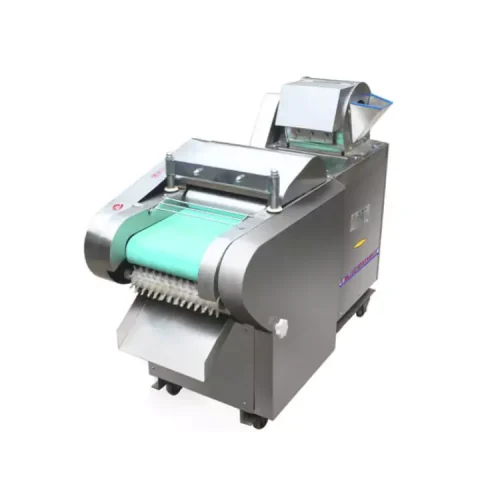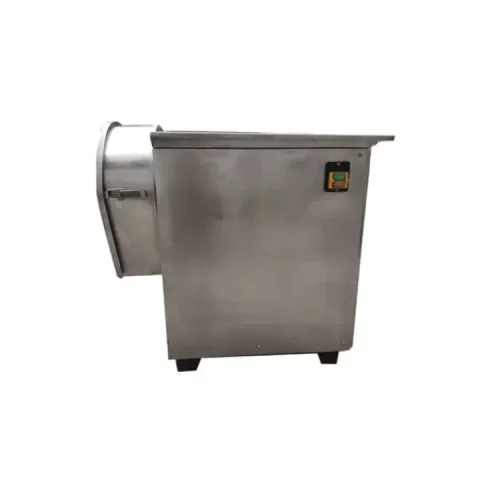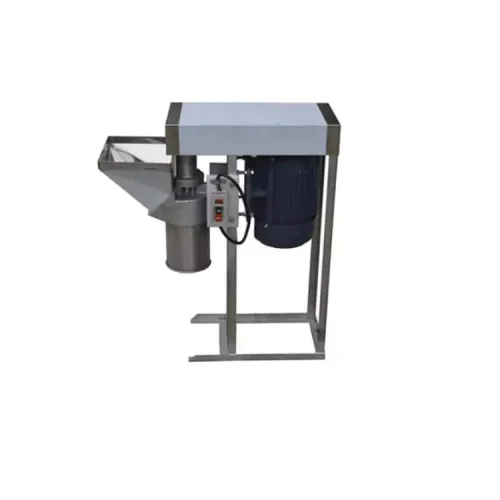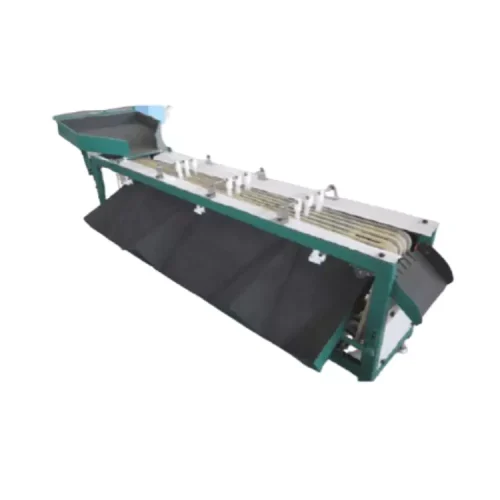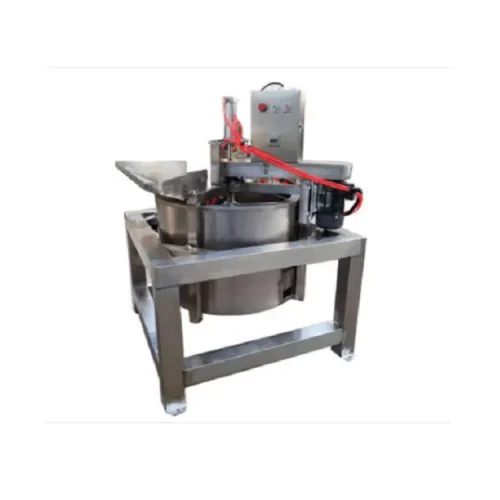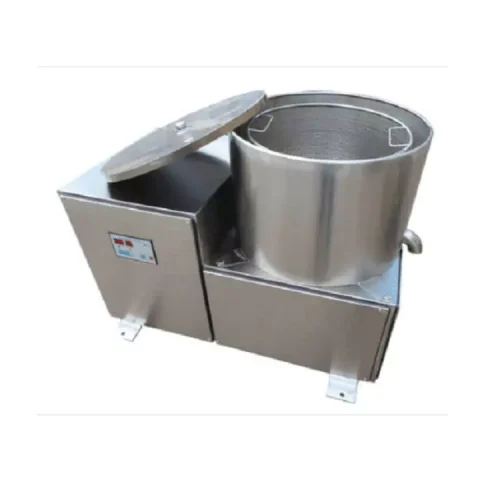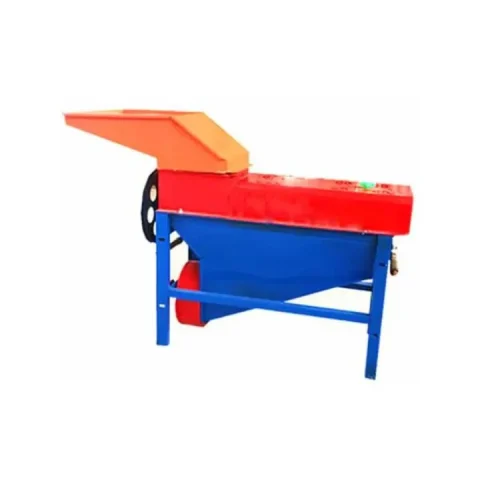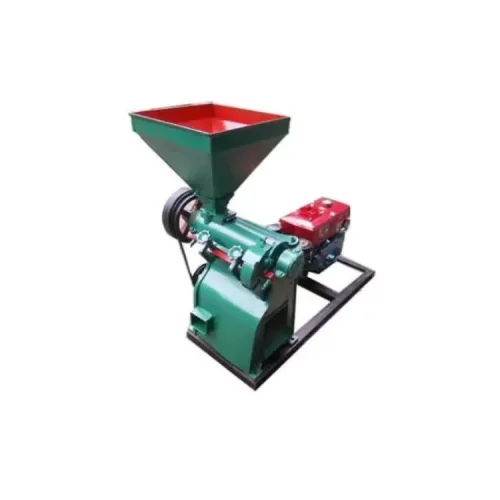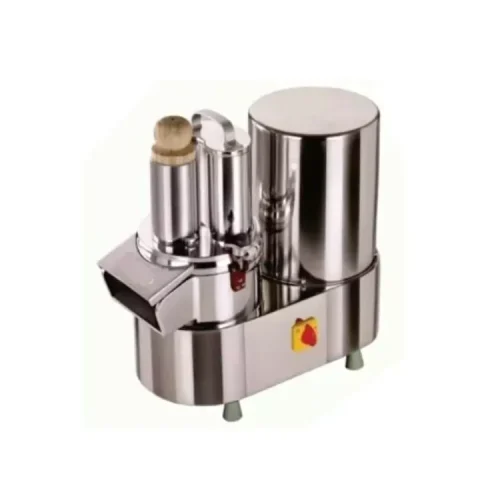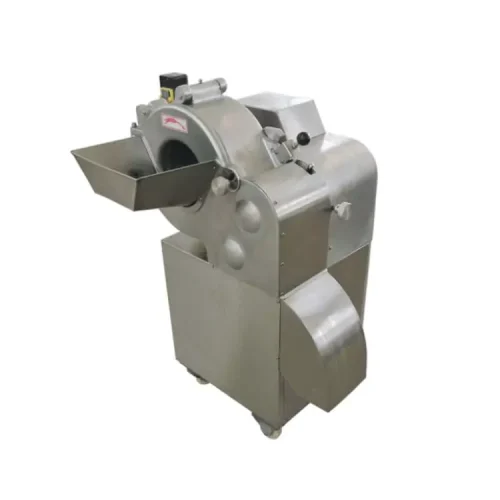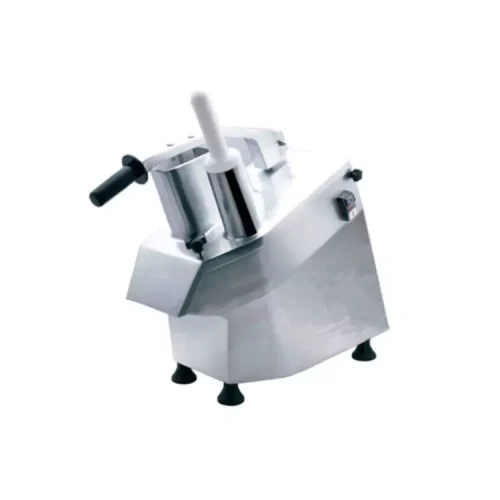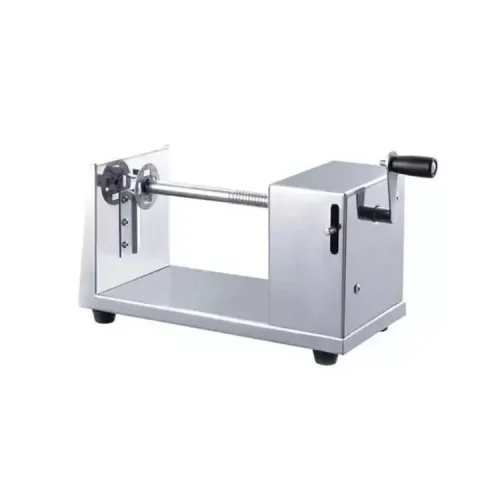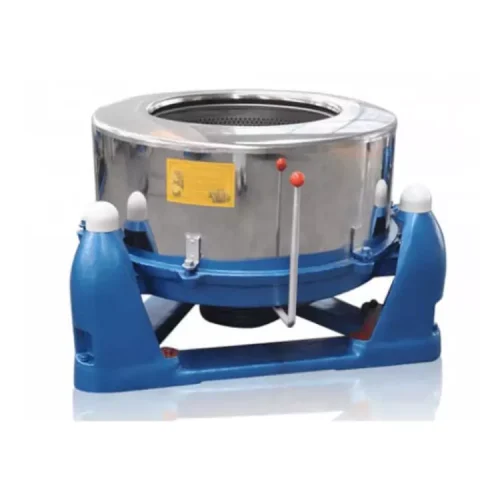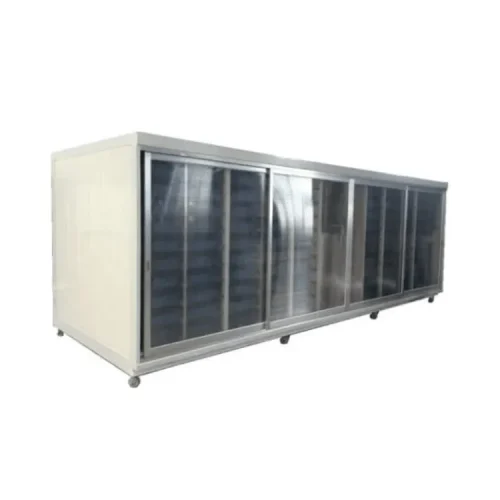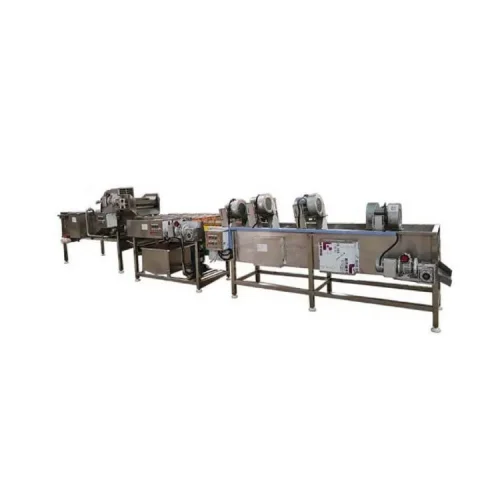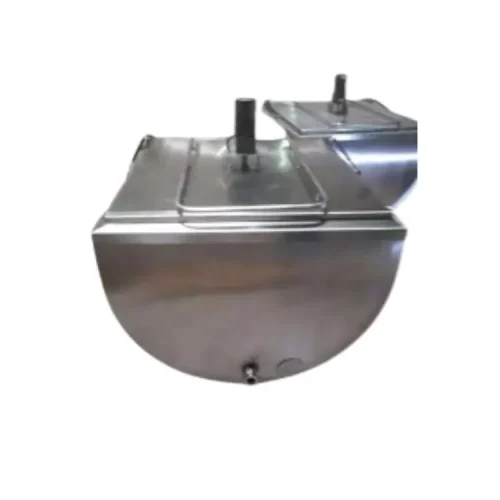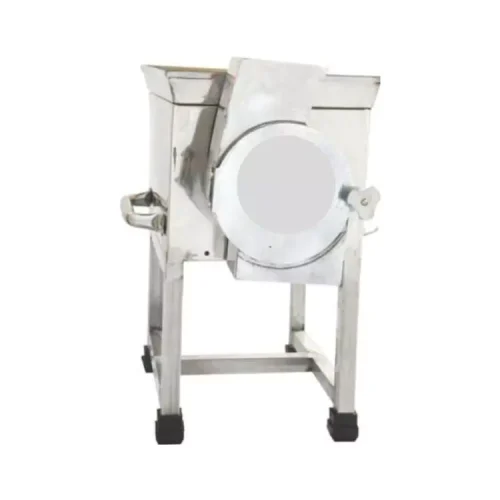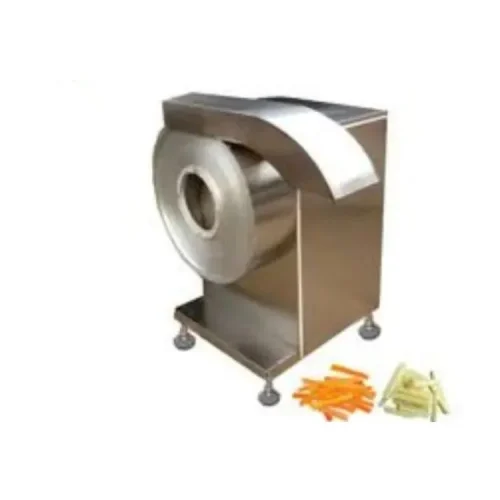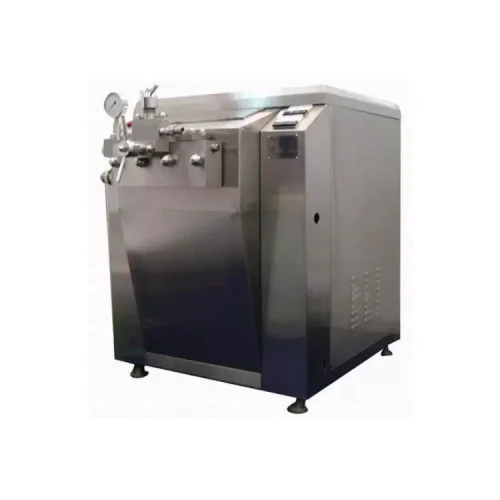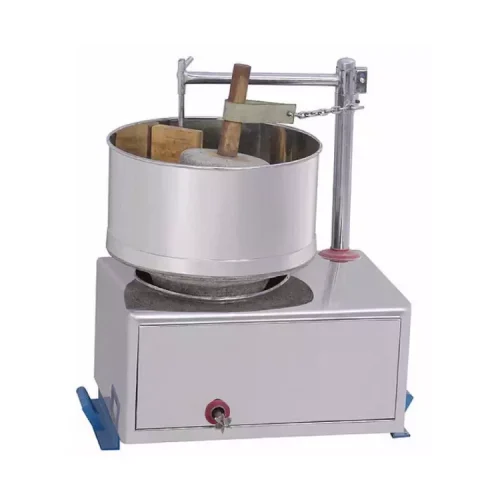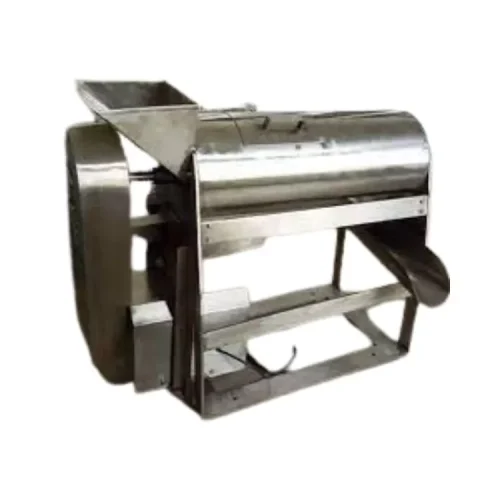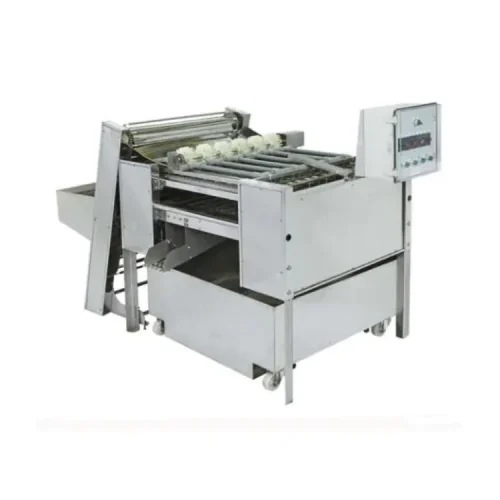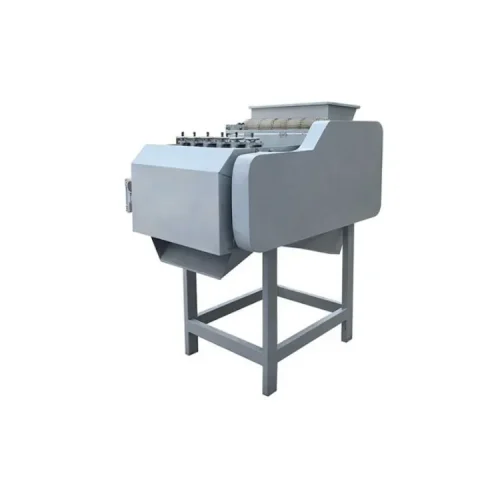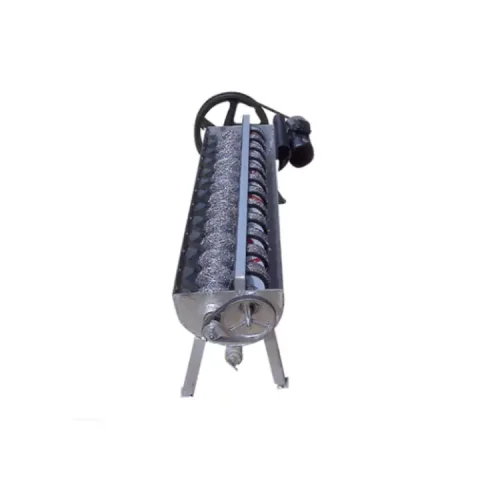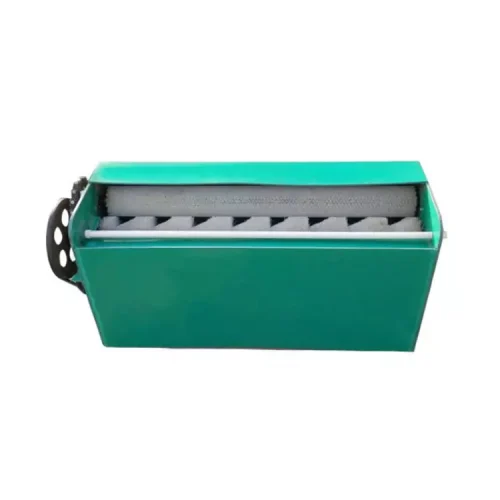Benefits of using a small-scale vegetable dehydrator machine
Preserving your harvest and enjoying healthy snacks all year round are just some of the benefits of using a small-scale vegetable dehydrator machine. Let’s explore these advantages in more detail.
Firstly, a vegetable dehydrator machine allows you to extend the shelf life of your produce. By removing the moisture from fruits and vegetables, you can prevent spoilage and reduce the risk of food waste. This is especially beneficial if you have a large garden or frequently buy fresh produce in bulk.
Secondly, dehydrating vegetables helps to retain their nutritional value. Unlike other preservation methods that may involve high heat or chemicals, dehydration maintains the vitamins, minerals, and enzymes present in the product. This means you can enjoy the health benefits of your favorite vegetables all year round.
Additionally, dehydrated vegetables are compact and lightweight, making them ideal for outdoor activities such as camping, hiking, or road trips. They are convenient to carry and require no refrigeration, allowing you to enjoy nutritious snacks wherever you go. Furthermore, dehydrated vegetables can be used in various recipes, such as soups, stews, salads, and even smoothies, adding flavor and nutrition to your meals.
Investing in a small-scale vegetable dehydrator machine not only saves you money in the long run but also allows you to control the ingredients in your snacks. Many store-bought dehydrated vegetables contain additives, preservatives, and excessive sodium. By dehydrating your own vegetables, you have full control over the quality and quantity of ingredients, ensuring a healthier and tastier result.
Factors to consider when choosing a small-scale vegetable dehydrator machine
When selecting a small-scale vegetable dehydrator machine, there are several crucial factors to consider. These factors will help you find a machine that suits your needs and ensures optimal performance. Let’s discuss each of these factors in detail.
- Size and Capacity: The size and capacity of the dehydrator machine are important considerations. If you have limited kitchen space, a compact and lightweight machine would be more suitable. However, if you have a large garden or frequently dehydrate large quantities of vegetables, a machine with a larger capacity would be more appropriate. Consider your personal needs and available space when making this decision.
- Temperature Control: Temperature control is essential for proper dehydration. Different vegetables require different temperatures to achieve optimal results. Look for a dehydrator machine with adjustable temperature settings to accommodate a variety of produce. This flexibility will allow you to experiment with different recipes and ensure the best dehydration outcome.
- Energy Efficiency: Dehydrating vegetables can be a time-consuming process, requiring hours or even days of continuous operation. Choosing an energy-efficient machine can help reduce your electricity bills and minimize environmental impact. Look for models with energy-saving features, such as timers, automatic shut-off, or low-power consumption.
- Ease of Use: A user-friendly dehydrator machine will make your preservation process more enjoyable and efficient. Consider machines with easy-to-understand controls, removable trays for easy cleaning, and clear visibility of the drying process. Some advanced models may even have digital displays, pre-set programs, and built-in timers for added convenience.
- Durability and Warranty: Investing in a durable dehydrator machine ensures long-term use and value for money. Look for machines made from high-quality materials that can withstand frequent use. Additionally, check if the manufacturer offers a warranty or customer support to address any potential issues or concerns.
Types of small-scale vegetable dehydrator machines
There are several types of small-scale vegetable dehydrator machines available, each with its own set of advantages and disadvantages. Understanding the differences between these types will help you make an informed decision. Let’s take a closer look at the most common types of dehydrator machines.
- Stackable Dehydrators: Stackable dehydrators consist of multiple trays that can be stacked on top of each other. These machines are compact and versatile, allowing you to add or remove trays based on your needs. Stackable dehydrators are generally more affordable and suitable for beginners or those with limited space.
- Shelf Dehydrators: Shelf dehydrators feature fixed shelves or racks, providing a stable and even drying environment. These machines often have larger capacities and are ideal for dehydrating larger quantities of vegetables. Shelf dehydrators are more expensive and occupy more space but offer superior drying performance.
- Box Dehydrators: Box dehydrators, also known as cabinet dehydrators, resemble small ovens or cabinets. They have a vertical airflow system that ensures even distribution of heat and airflow. Box dehydrators are known for their superior drying performance, precise temperature control, and ability to handle large quantities of produce. However, they tend to be more expensive and take up more space.
- Solar Dehydrators: Solar dehydrators utilize the power of the sun to dry vegetables. They are environmentally friendly and cost-effective, as they rely on natural energy sources. Solar dehydrators are suitable for areas with abundant sunlight and can be a great option for off-grid living or sustainable practices. However, they are highly dependent on weather conditions and may have limited drying capacity.
Top features to look for in a small-scale vegetable dehydrator machine
When choosing a small-scale vegetable dehydrator machine, certain features can enhance your experience and ensure optimal drying results. Let’s explore some of the top features to look for in a dehydrator machine.
- Even Heat Distribution: Opt for a dehydrator machine with an efficient heating element and a proper airflow system. This ensures that heat is evenly distributed across all trays, resulting in consistent drying and preventing the need for tray rotation.
- Timer and Automatic Shut-off: A built-in timer can be a useful feature, allowing you to set the desired drying time and walk away without constantly monitoring the machine. Automatic shut-off ensures that the machine turns off once the set time has elapsed, preventing over-drying.
- Transparent Door or Lid: A transparent door or lid allows you to monitor the drying process without opening the machine, which helps maintain a stable temperature and airflow. This feature saves time and prevents moisture loss during the dehydration process.
- Removable Trays and Easy Cleaning: Look for dehydrator machines with removable trays for easy loading, unloading, and cleaning. Dishwasher-safe trays can be a convenient option, saving you time and effort.
- Noise Level: Consider the noise level of the dehydrator machine, especially if you plan to use it overnight or in close proximity to living spaces. Some models have quiet operation features, ensuring minimal disturbance.
- Additional Accessories: Some dehydrator machines come with extra accessories, such as fruit roll sheets or mesh screens. These accessories expand the versatility of the machine and allow for dehydrating a wider range of produce.
FAQs
Small-scale vegetable dehydrator machines offer several benefits, including:
- Preservation: They help preserve vegetables by removing moisture, thus preventing spoilage.
- Space-saving: Compact designs make them suitable for small kitchens or limited space.
- Cost-effective: They allow you to preserve excess produce at a fraction of the cost of store-bought dried vegetables.
- Customization: You have control over the drying process, enabling you to adjust settings according to specific vegetable types and desired levels of dehydration.
A vegetable dehydrator machine is a device designed to remove moisture from vegetables, thereby preserving them for extended periods. It works by circulating hot air evenly around the vegetables, causing moisture to evaporate and leaving behind dried vegetables.
A variety of vegetables can be dehydrated using a small-scale machine, including carrots, tomatoes, peppers, onions, garlic, mushrooms, and more. Leafy greens like kale and spinach can also be dried.
While small-scale machines are primarily designed for home use, they can also be suitable for small-scale commercial operations such as farmers' markets, specialty food stores, or catering businesses. However, larger-scale operations may require more robust equipment.


